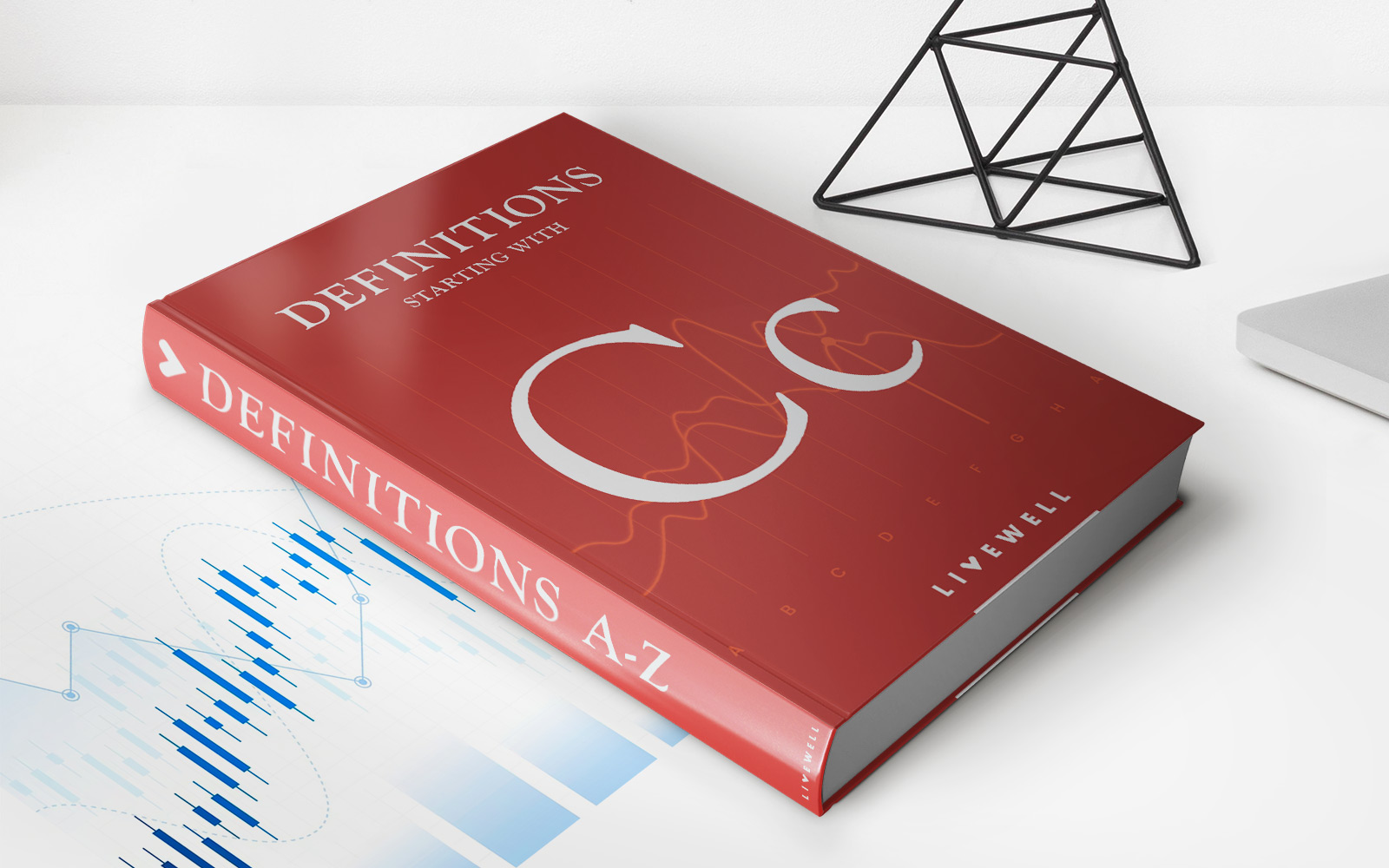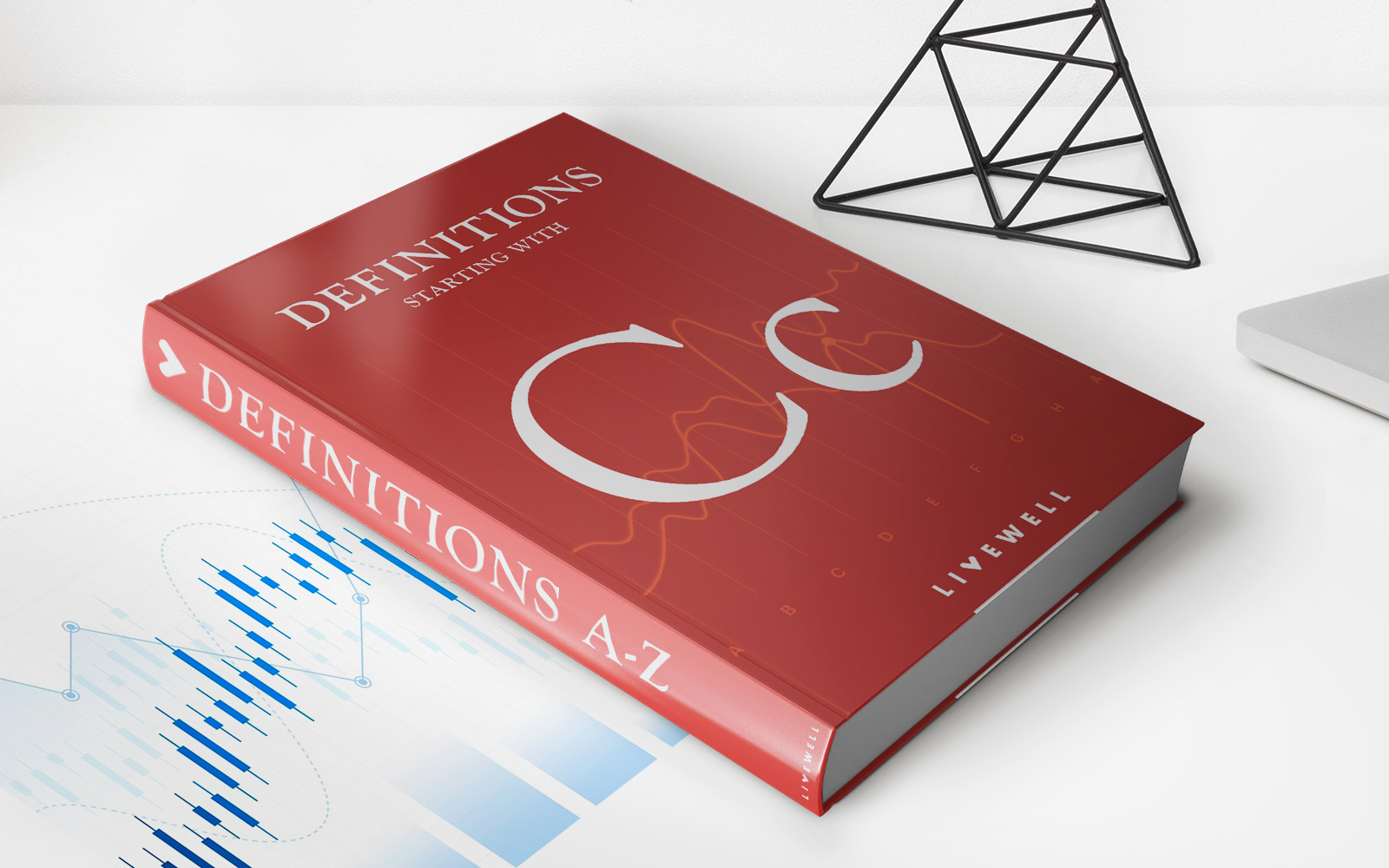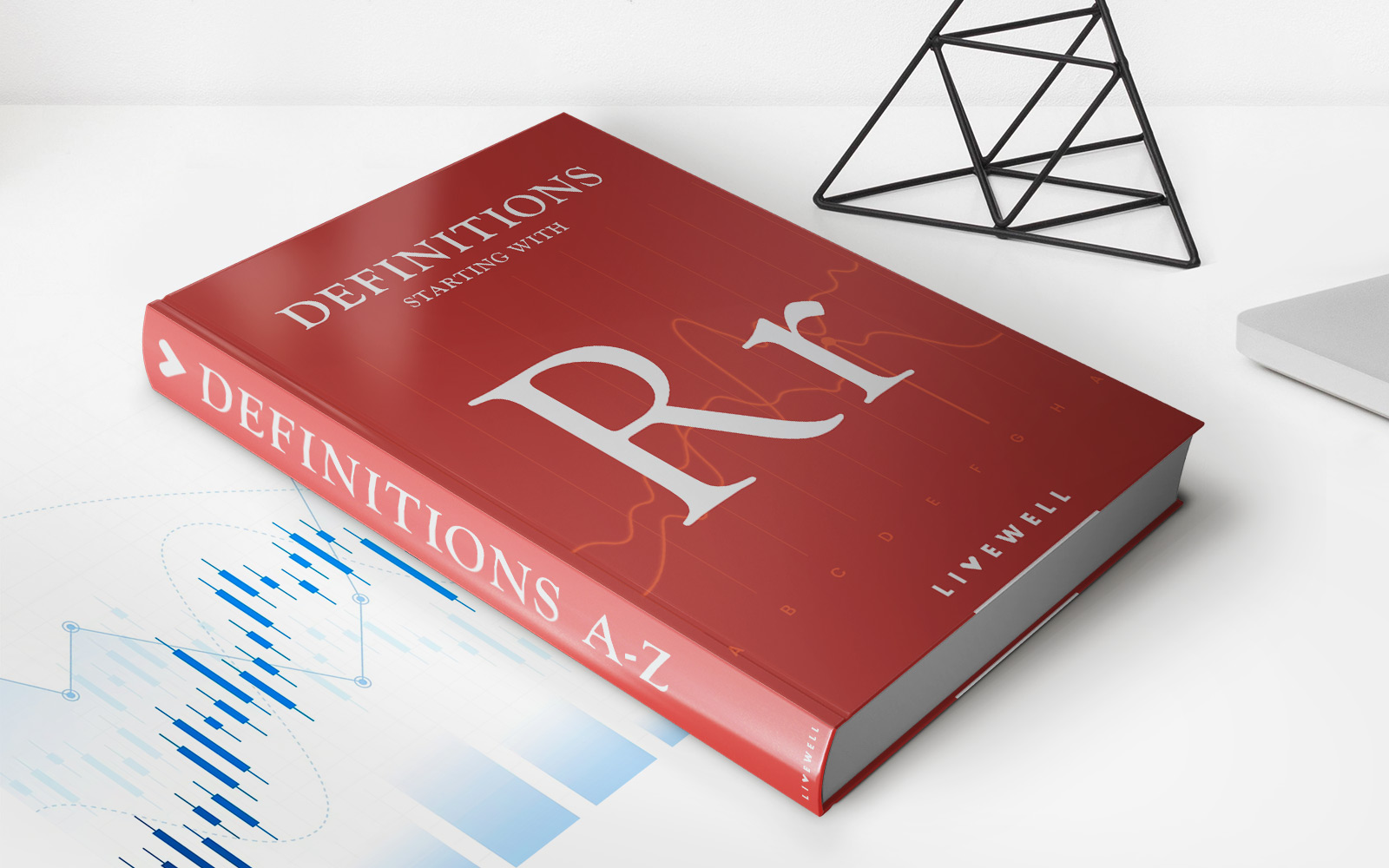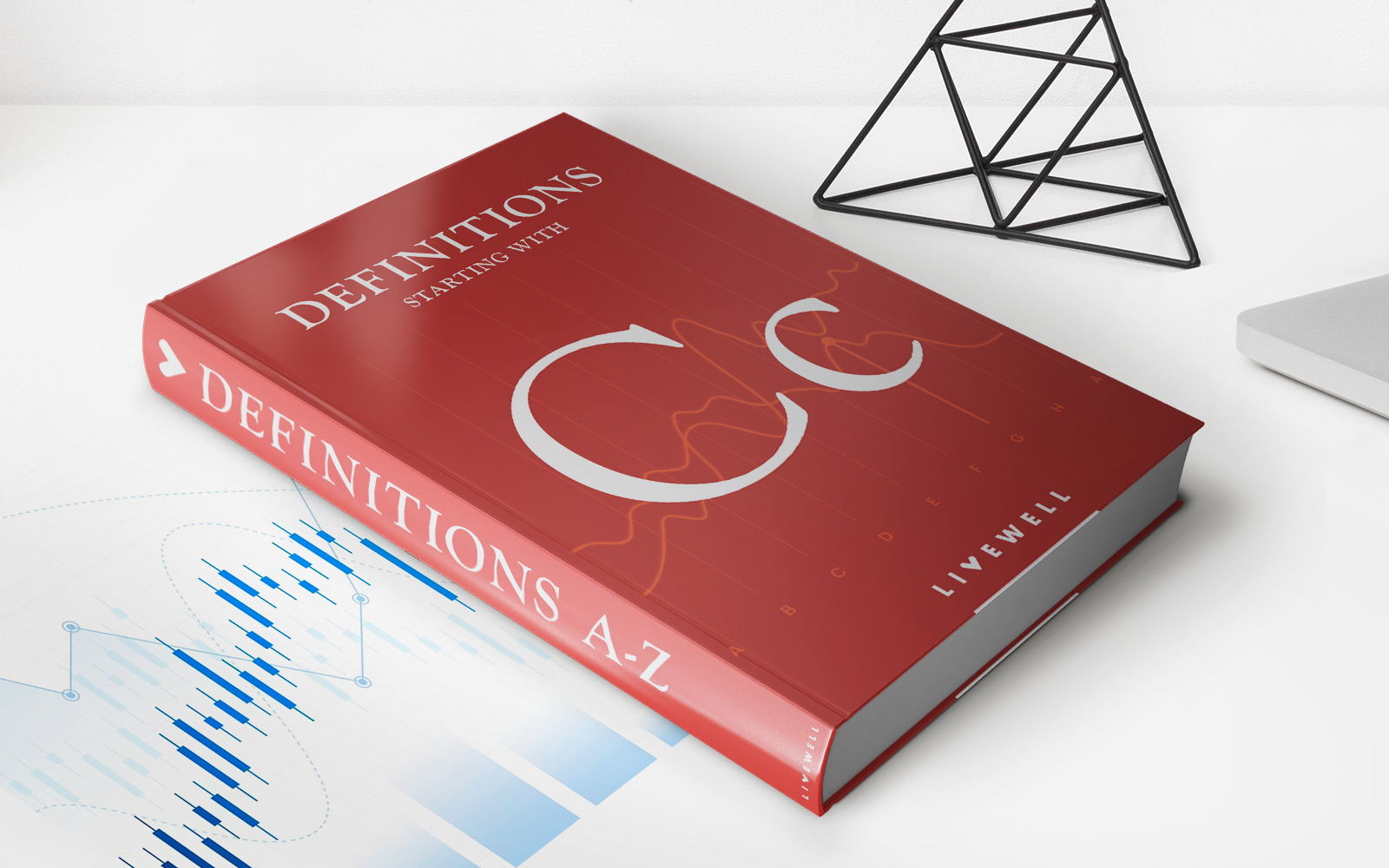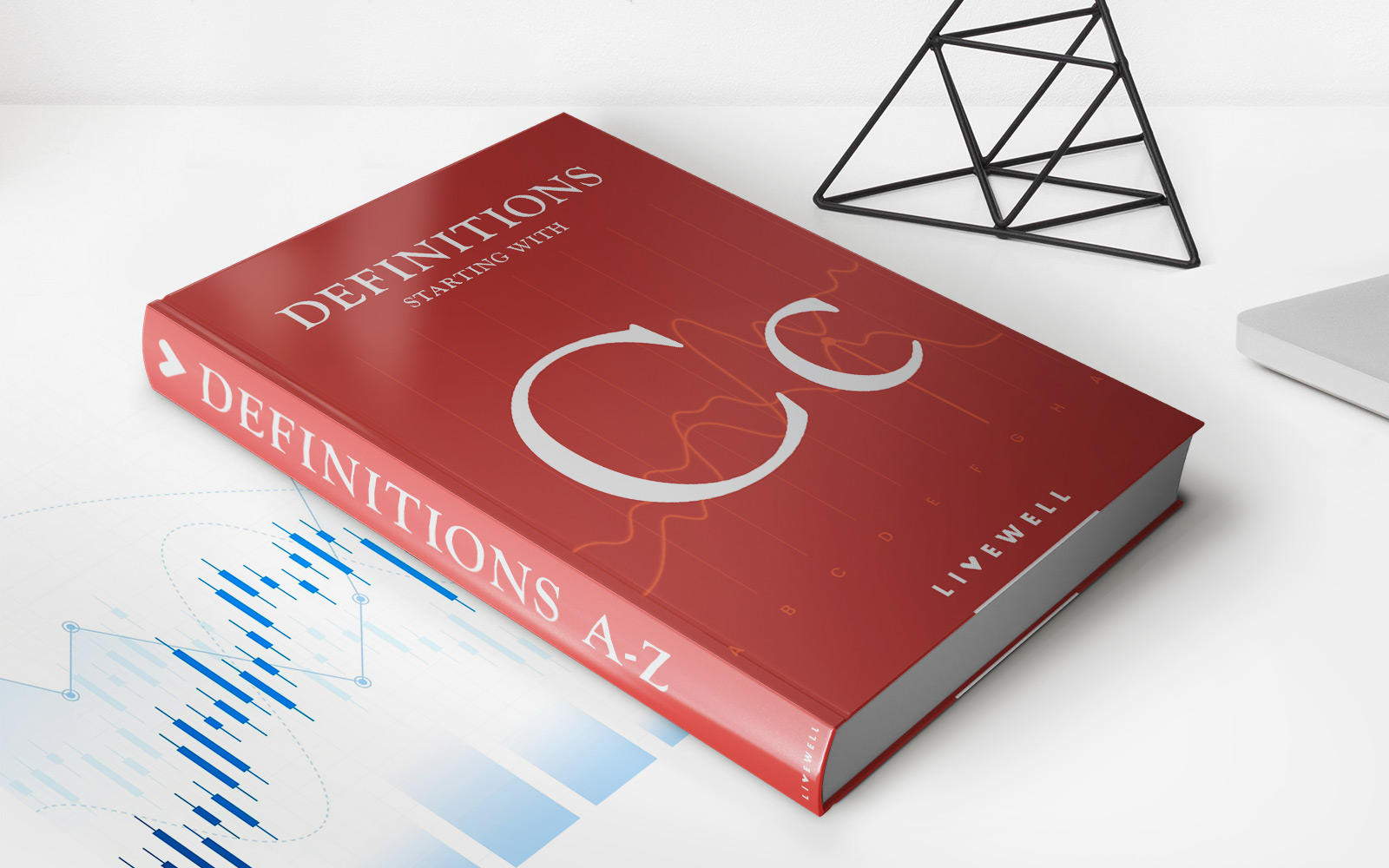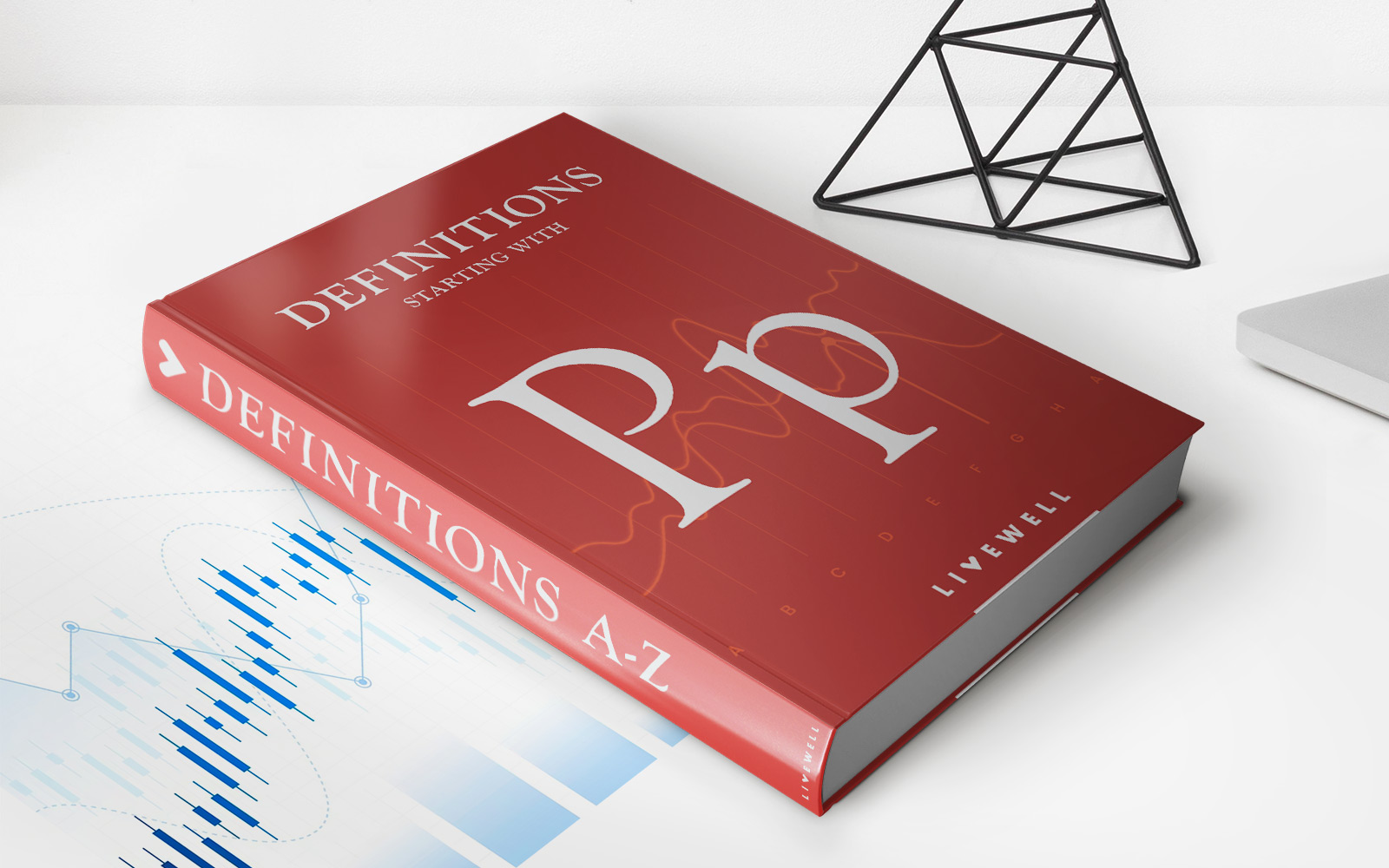Home>Finance>Conservatorship Definition, How It Works, Types, Alternatives
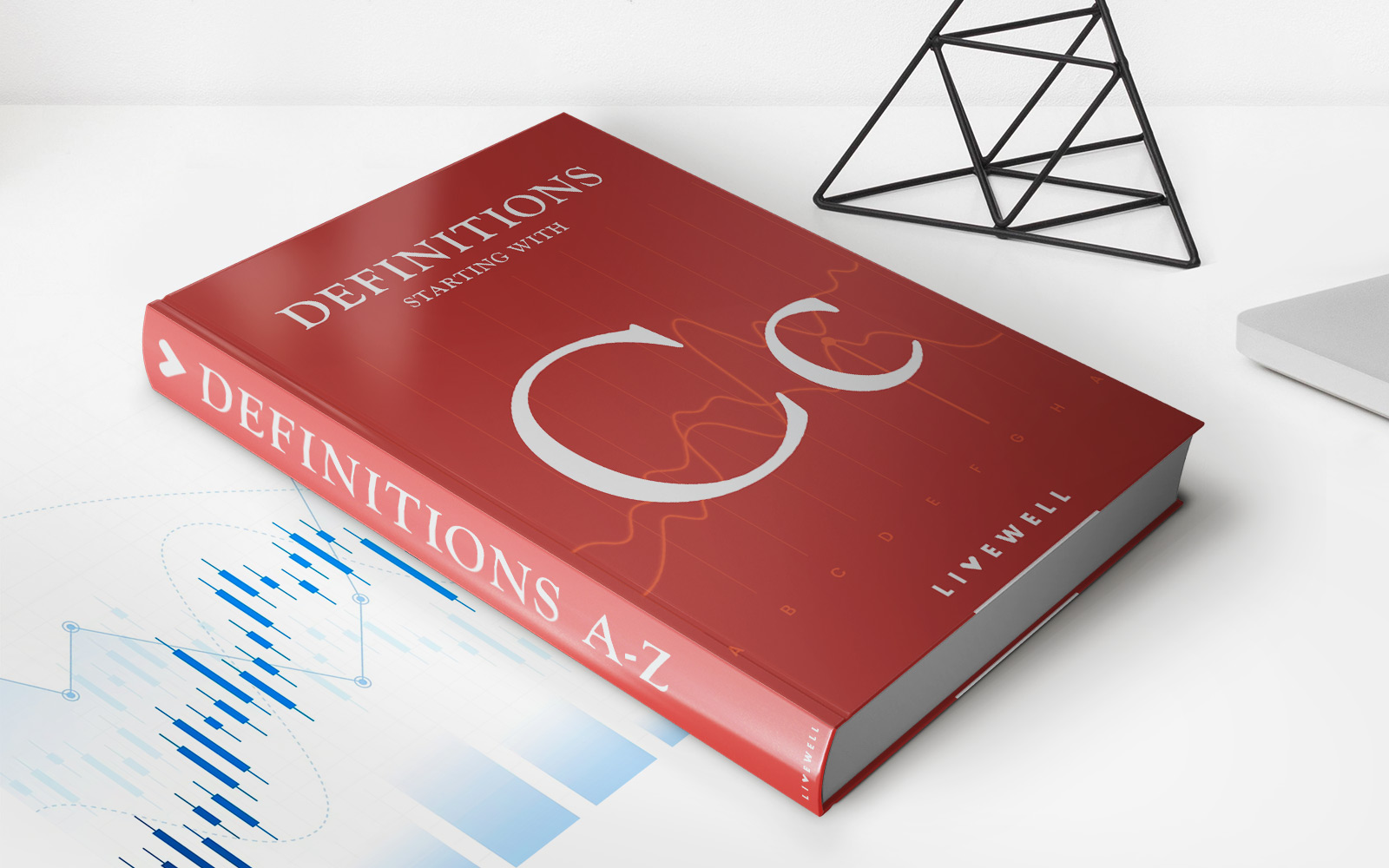

Finance
Conservatorship Definition, How It Works, Types, Alternatives
Published: November 1, 2023
Discover the meaning of conservatorship and how it operates in the realm of finance. Learn about its types and explore alternative options.
(Many of the links in this article redirect to a specific reviewed product. Your purchase of these products through affiliate links helps to generate commission for LiveWell, at no extra cost. Learn more)
Conservatorship Definition, How It Works, Types, Alternatives
Welcome to the Finance category of our blog! In this post, we will delve into the world of conservatorship — its definition, how it works, the different types, and alternatives available. If you’ve ever wondered about the legal concept of conservatorship, or if you’re looking for alternatives to traditional guardianship arrangements, you’re in the right place. So, let’s dive in!
Key Takeaways:
- Conservatorship is a legal arrangement in which a court appoints a responsible person or organization to manage the financial affairs and/or personal care of someone who is unable to do so themselves.
- There are different types of conservatorships, including conservatorship of the person, conservatorship of the estate, and limited conservatorship, each serving specific purposes and addressing different needs.
What is Conservatorship?
Conservatorship, also known as guardianship in some jurisdictions, is a legal mechanism designed to protect individuals who are unable to manage their own affairs due to physical or mental impairments. It appoints a conservator, who could be an individual or an organization, to make decisions on behalf of the conservatee in areas such as personal care and finances.
How Does Conservatorship Work?
In a conservatorship arrangement, the process generally involves the following steps:
- Initiation: The conservatorship process is initiated by filing a petition with the court, usually by a concerned family member, friend, or interested party.
- Evaluation: The court evaluates the alleged conservatee’s capacity to manage their own affairs through medical, psychological, or other assessments.
- Appointment: If the court determines that the individual is unable to handle their affairs, it will appoint a conservator to act as their legal guardian.
- Ongoing Administration: The conservator is responsible for managing the conservatee’s personal care or financial matters, or both, depending on the type of conservatorship established.
Types of Conservatorships:
There are several types of conservatorships, each serving specific purposes:
- Conservatorship of the Person: This type of conservatorship involves making decisions related to the conservatee’s personal care, such as medical treatment, living arrangements, and daily activities.
- Conservatorship of the Estate: In a conservatorship of the estate, the conservator is responsible for managing the conservatee’s financial affairs, including assets, investments, and paying bills.
- Limited Conservatorship: Limited conservatorships are designed for individuals with developmental disabilities who can handle some aspects of their personal care or finances but require assistance in others.
Alternatives to Conservatorship:
While conservatorship may be a suitable option for some individuals, it is not the only one. Some alternatives to consider include:
- Power of Attorney: This legal document allows an individual to appoint someone they trust to make decisions on their behalf in the event they become unable to do so themselves.
- Revocable Living Trust: Creating a revocable living trust allows individuals to appoint a trustee to manage their affairs during their lifetime and after their death, bypassing the need for conservatorship.
- Advance Healthcare Directive: An advance healthcare directive enables individuals to make their medical wishes known and appoint a healthcare proxy to make decisions on their behalf if they become incapacitated.
In conclusion, conservatorship is a legal mechanism that aims to protect individuals who are unable to manage their own affairs. Understanding its definition, how it works, the different types available, and the alternatives empowers individuals and families to make informed decisions that best suit their unique situations. If you have any questions or require professional advice regarding conservatorship, we recommend consulting with a qualified attorney specializing in elder law and guardianship matters.



